Whether they live more or less outdoors, dogs are exposed to many parasites, one of the most common being worms. Present in food, feces, fleas or transmitted by other animals, worms disturb the health of dogs by causing many health problems. To ensure good health, it is therefore essential to regularly deworm your dog. Signs of infestation, treatment, prevention, Lore & Science tells you everything.
How to spot intestinal parasites in dogs?
At first glance, it is difficult to distinguish the presence of intestinal worms in dogs. Indeed, their presence is not always perceptible or constant in your pet's excrement. However, a certain number of signals can alert you to a potential infestation:
- vomiting
- diarrhea
- loss of appetite
- weight loss
- lethargic behavior
- rubbing of the hindquarters on the ground to relieve oneself
- respiratory problems and recurrent coughing
- white spots that look like grains of rice in the stool
If your dog or puppy shows one or more of these signs, you may want to consult your veterinarian, who will perform a stool analysis. He or she will be able to determine what type of worms are present: roundworms (nematodes), tapeworms (cestodes) or protozoa.
In any case, it is essential to deworm your pet regularly to avoid these infestations that weaken it, whether it is a puppy, an adult dog or a senior dog.
When to deworm your dog?
The frequency of deworming depends on the age and lifestyle of your dog. Puppies should be dewormed every two weeks until they are 12 weeks old, then monthly until they are six months old. Adult dogs should be dewormed every three to six months, depending on their lifestyle.
If your dog spends a lot of time outdoors, hunts, or is in contact with other animals, more frequent deworming is recommended. Dogs with weakened immune systems or those with chronic illnesses may also require more frequent deworming.
In addition, breeding bitches are at risk of transmitting parasites to their litter during gestation and through suckling. Therefore, it is advisable to deworm them a few days before mating, then two weeks before the expected whelping and finally two weeks after the birth.
Why is it important to deworm your dog?
In addition to the unpleasant symptoms that intestinal worms can cause in dogs, such as vomiting and diarrhea, they can also lead to more serious problems such asanemia, dehydration and malnutrition. In addition, some species of intestinal worms can migrate to other parts of the dog's body, such as the lungs, heart and liver, which can lead to serious and permanent damage.
It is also important to understand that intestinal worms are not just a health problem for your dog. Some species of worms can be transmitted to humans, especially small children who are more likely to play on the floor and put things in their mouths. Note that parasites can also be transmitted to other pets, which can lead to a widespread infestation in your home.
Finally, it is important to note that not all dogs are equal in terms of their risk of intestinal worm infestation. Dogs that spend a lot of time outdoors, live in areas where worms are more common, or have a weakened immune system are more likely to become infected. Therefore, it is especially important to deworm these dogs regularly to protect them from parasites.
How to deworm your dog?
First, rest assured that deworming is easy and can be done at home, although you can ask your veterinarian for help. There are two types of dewormers: over-the-counter and prescription-only.
Some dewormers are available over the counter. They are generally effective against the most common worms. However, they may not be strong enough to kill all types of worms and may not be appropriate for your dog's size or age.
Prescription dewormers are generally stronger and more effective than over-the-counter dewormers. Your veterinarian can recommend a specific dewormer based on your dog's age, size and lifestyle.
However, you can deworm your pet naturally thanks to plants, whose clinical effectiveness is proven even on the most resistant intestinal worms of the dog. Our food supplement Verless Dog is composed of a synergy of plants whoseaction is effective against the various types of intestinal parasites of the dogs, without damaging the flora nor the intestine of your companion. This natural dewormer is even suitable for puppies as of their weaning.
How to avoid intestinal parasites for dogs?
In short, it's important to take steps to prevent worm infestations in your dog. Simple reflexes can be put in place, such as :
- Avoid areas where dogs have defecated.
- Remove your dog's feces quickly.
- Wash your dog's toys and bowls regularly.
- Prevent your dog from eating things he shouldn't, such as garbage or other animals' feces.
In conclusion, deworming is a crucial part of your dog's health. Intestinal worms can cause many health problems in dogs, including vomiting, diarrhea and weight loss. Worms can also be transmitted to humans, especially young children.
It is therefore important to deworm your dog regularly depending on his age, size and lifestyle. Finally, don't forget to take preventive measures to avoid worm infestations in your dog. By following these tips, you can help protect the health of your canine companion and your family.
Do you have a question? Any advice? React in the comments ↓

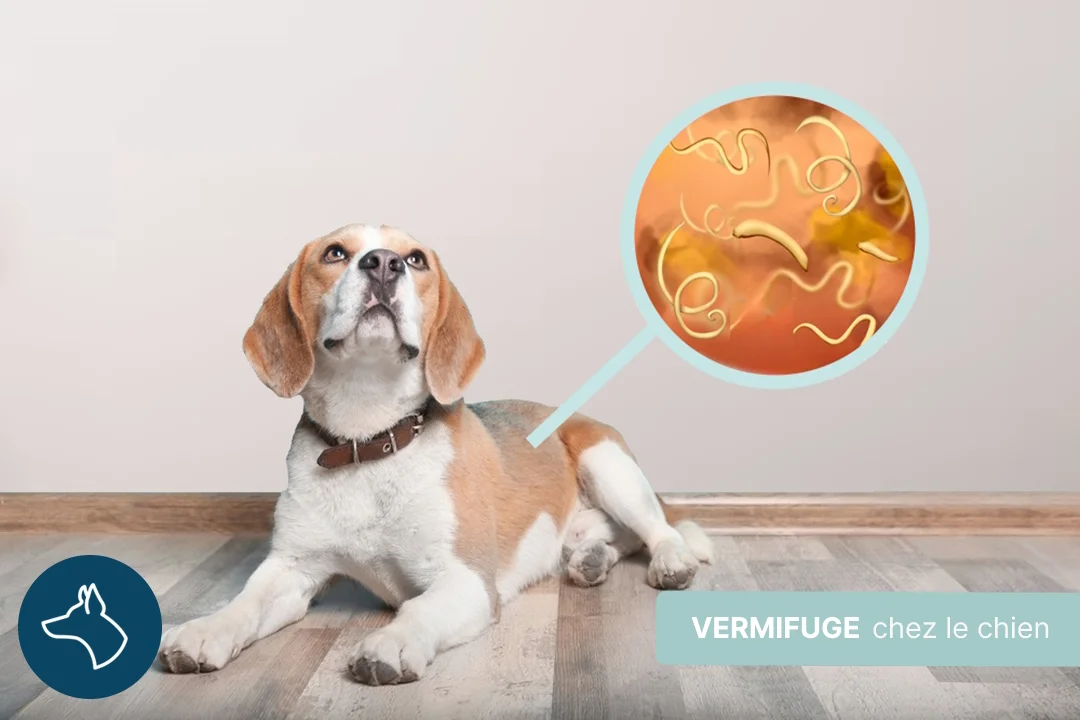
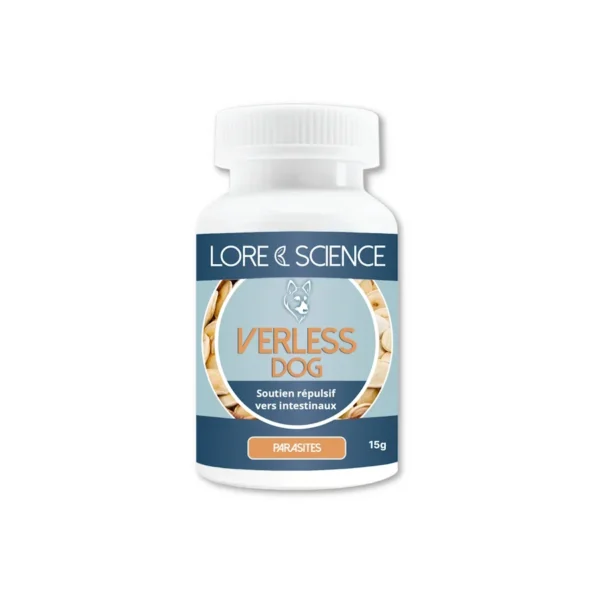
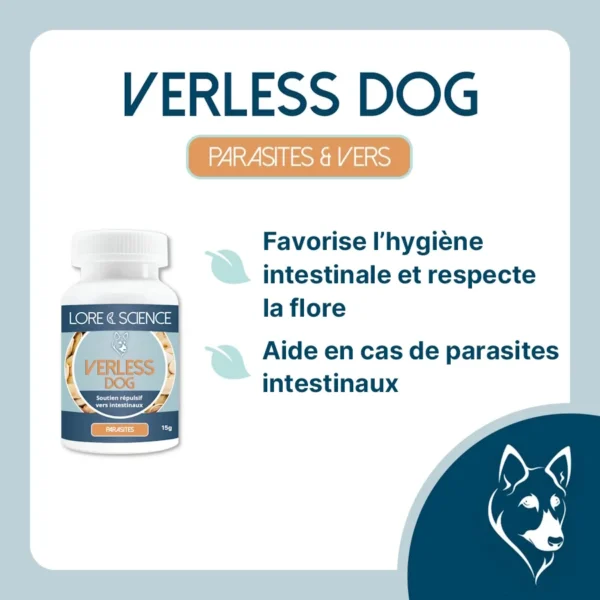

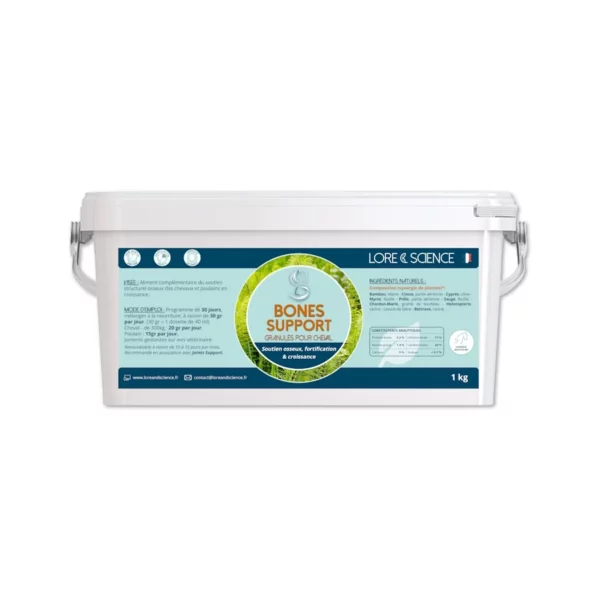

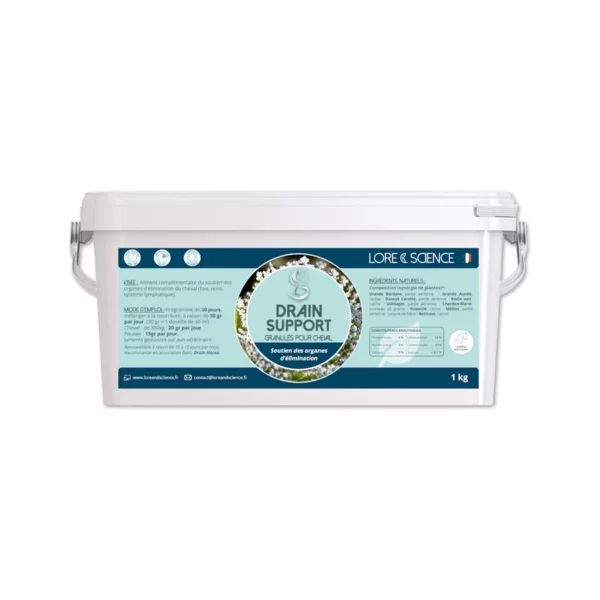
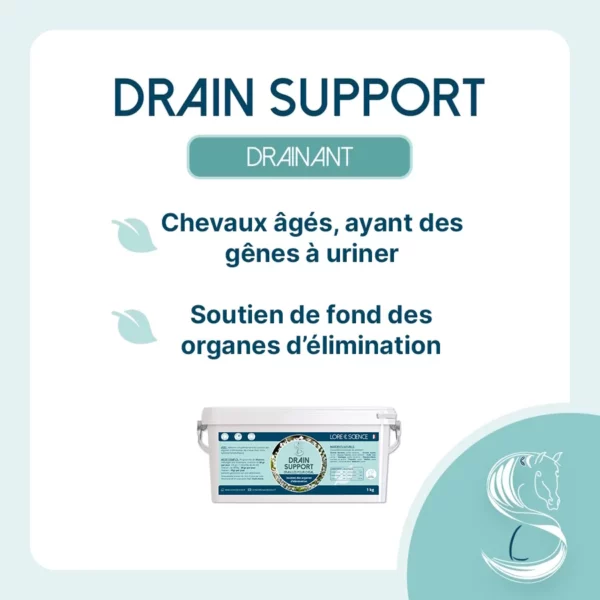








2 réactions sur "Dog deworming: protecting your pet's health"
good evening, a friend recommended your site to me. let me explain, I have a 3-year-old 38 kg golden who reacted violently to Veloxa and Mylbémax vet dewormers. vomiting - yellow diarrhea - drooling - apathy - couldn't eat or drink for 3 days, I had to take him to the vet for an emergency injection and hydration, and we thought we'd lost him. So for me there's no question of giving him this type of deworming, but I know it's necessary to deworm him, he walks every day in the countryside or woods meeting other dogs.I'm really lost. So my question is, is your dewormer effective and can it replace this kind of chemical product with lots of excipients?
Thank you for your honest answer, Mrs Guérin.
Hello,
The Verless product offers good results.
To tell you the truth, I only use this product for my dogs, who never have any worm problems even though we live in the middle of the forest.
I proceed as follows:
7 days in a row, then for the following months 1 day every two weeks as a preventive measure.
I resume the 7 days 3 months later.
It's also worth noting that the more you support the intestinal flora, the less parasite infestation is possible.
Hoping to have answered your question,
Sincerely
Lionel